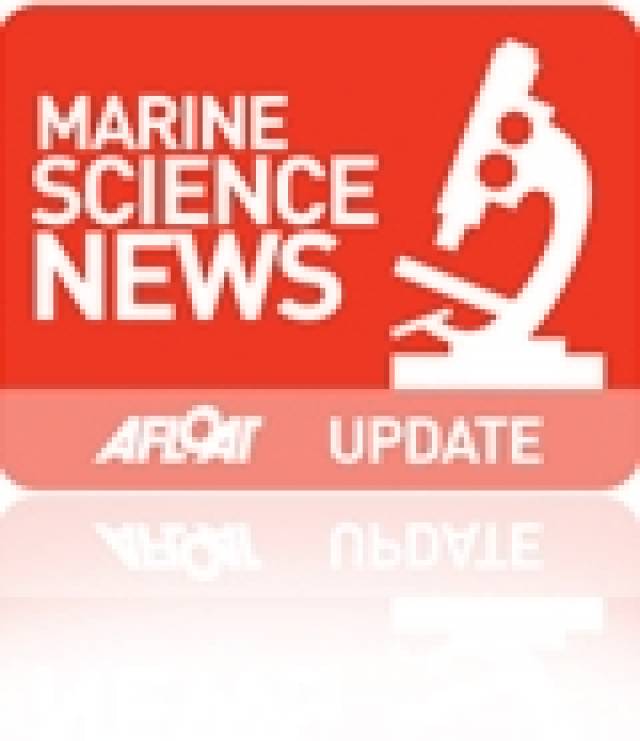#MarineScience - A unique opportunity to participate in the North South Atlantic Training Transect (NoSoAT) summer school and carry out ocean research in the North and South Atlantic Ocean is being offered to graduates of marine-related sciences from across the island of Ireland.
Applications are invited for up to 10 fully funded scholarships on-board the German research vessel RV Polarstern, which will leave Germany for this summer school in November and transit 14,000km to Cape Town, South Africa.
Along the transect, students will collect samples and data to help to increase our understanding of ocean processes and which will feed into a range of exciting research projects.
The joint mission between the Strategic Marine Alliance for Research & Training (SMART), the Alfred Wegener Institute Helmholtz Centre for Polar and Marine Research (AWI) and the Partnership for Observation of the Global Oceans (POGO) will focus on training talented early-stage scientists in oceanographic research techniques and provide the skills and practical experience needed for a career in marine sciences.
Participants will get hands-on training in deployment and operation of scientific gear, acquisition and processing of the sample material and interpretation of the respective data. Work on board will also include lectures, data workshops, practical exercises and student presentations.
"Although over 70% of our planet is ocean there are lots of areas that are poorly observed and about which we have little knowledge," said Dr Pauhla McGrane, national coordinator of SMART Ireland.
"This collaborative effort with AWI and POGO will increase our understanding of the Atlantic Ocean as well as inspiring the marine scientists of tomorrow to sustainably mange our seas and oceans for future generations."
Prof Karen Wiltshire, vice-president of AWI and chair of POGO, added that "improving our knowledge of the ocean requires a new generation of well-trained researchers that are able to combine practical field work with modern methods like remote sensing or RNA sequencing.
"This pooled infrastructure and expertise provides an incredible chance for postgraduates to get the necessary practical experience and develop networking opportunities they need early in their careers.
"We are all delighted to be leading this strategic collaboration, which will promote mobility for a total number of 34 students from across Europe and Africa and increase multidisciplinary research capacity in Atlantic nations."
Graduates, postgraduates and post-doctoral students of marine-related sciences from across the island of Ireland are eligible to apply via SMART.
The closing date for applications is 7 June 2015. Applicants should make sure that they are available between 29 October and 2 December 2015 to account for pre- and post-cruise events and travel times. For further information on how to apply, visit the SMART website or contact [email protected].

































































